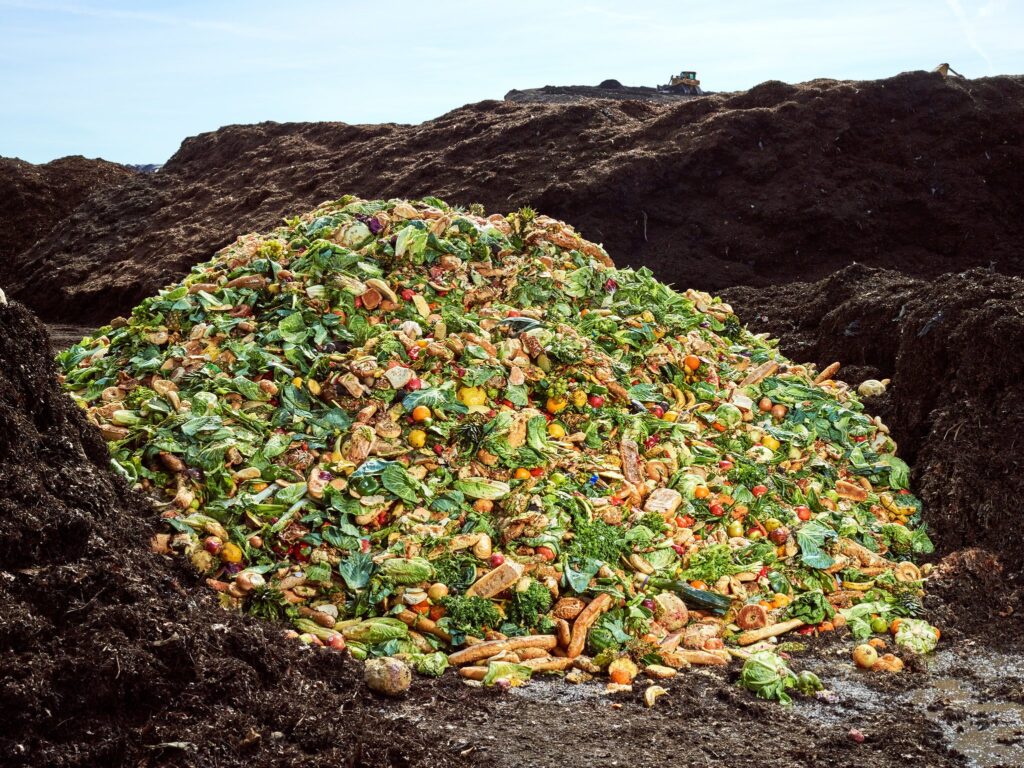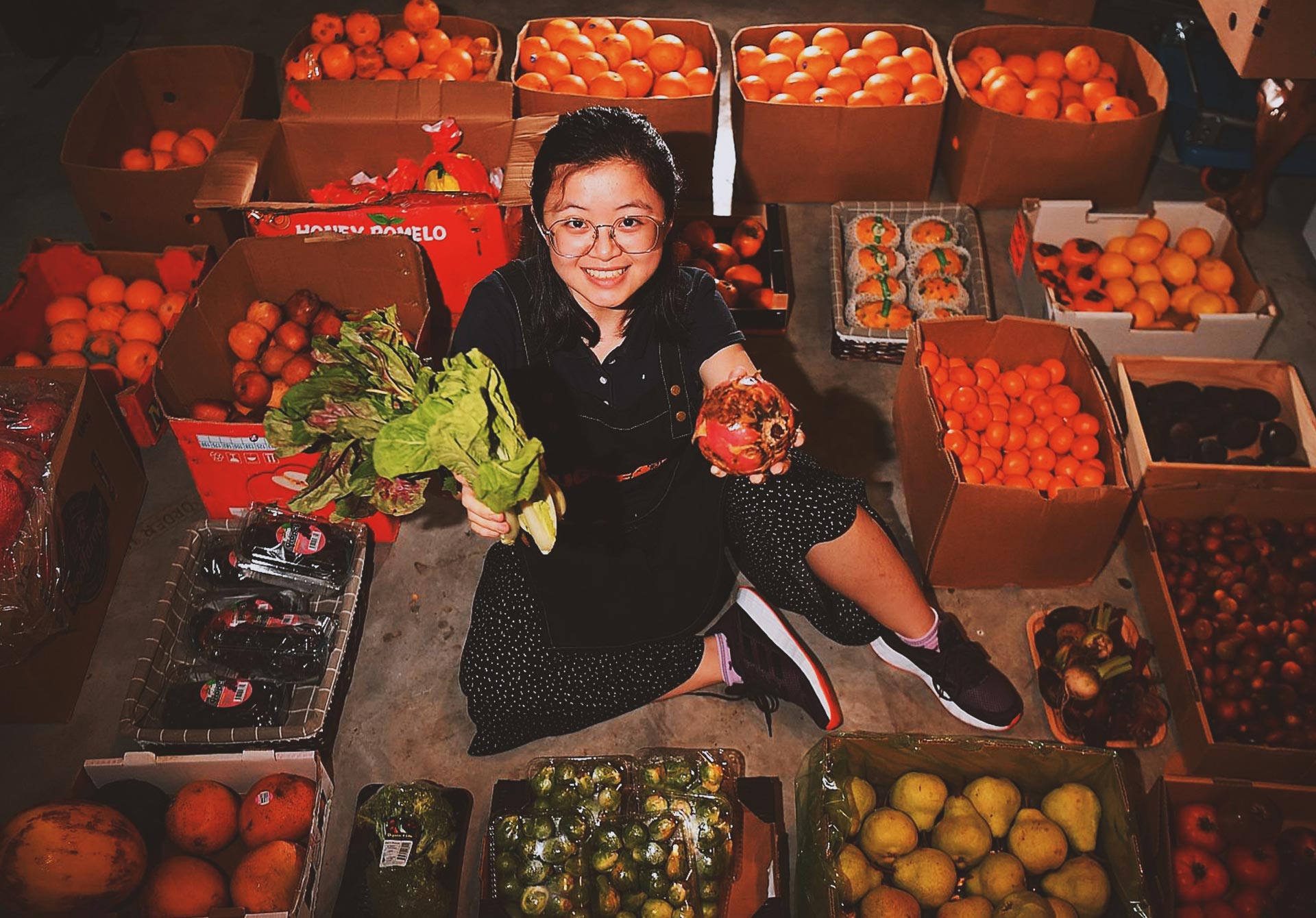Food & Climate
Parliament of Singapore passed the (Good Samaritan Food Bill), that is targeting food donors should not be treated as criminals.
This bill targets also decrease the food waste. For a small country, Singapore wastes a staggering amount of food. And yet, there are people who struggle to eat three good meals a day, according to report seen by “Food & Climate” platform.
To tackle this, member of parliament Louis Ng spearheaded the bill which was passed on Aug 7. The new law seeks to waive civil and criminal liability for food donors, in cases such as them donating food that happens to make others fall ill.
This hopes to encourage people and businesses to donate to needy families and alleviate the problems of food waste and food insecurity, according to “Mothership”.
According to Ng, the term “food donor” includes those who donate food directly to beneficiaries, as well as those who donate food to an intermediary for ultimate distribution to beneficiaries.
Food donors concern
The member of Singapore parliament Louis Ng shared that many businesses were concerned about being held accountable for someone falling sick after eating the food they donated.
As such, the bill seeks to introduce a liability waiver for food donors as long as they fulfil these four conditions:
The food must not be unsafe and unsuitable at the time it was donated.
The food donor must inform the recipient of any particular handling requirements to ensure the food remains safe to consume.
The food donor must inform the recipient of any time limit within which the food remains safe and suitable.
The donor must take all reasonable measures to comply with food safety and hygiene requirements up to the point of donation.
Ng said that being shielded from liability does not take away the Singapore Food Agency (SFA)’s powers to investigate any food safety issues related to donated food.
“The difference is that food donors only need to show SFA that they have met the four conditions, and SFA would not impose any liability on the food donor, he said.
Safe food
Many Singapore parliament members welcomed the (Good Samaritan Food Bill), which prevents treating food donors as criminals for many reasons, included reducing food waste and supporting poor people. And some of them asked incentives to the food donors.
Senior Parliamentary Secretary for the Ministry of Sustainability and the Environment Baey Yam Keng spoke on behalf of the ministry, saying the bill supports food waste reduction, whilst ensuring the supply of safe food for Singapore.
Baey, also Tampines GRC MP, said the bill complements existing efforts to reduce food waste by facilitating food donation, avoiding the need for food waste treatment and its associated operational costs.
Sembawang GRC MP Poh Li San supported the bill, saying a vicious circle of waste can be turned into a virtuous circle of good deeds.
She noted that greater awareness of the bill needs to be created and hopefully promote enhanced liability protection extended to food donors.
Additionally, she said that potential beneficiaries who are open to receive donated food should be identified and provide fresh and healthy foods as much as possible.
Holland-Bukit Timah GRC MP Edward Chia said he was pleased to support the bill.
He focused on ways to encourage the Food Caring Organisation (FCO) to benefit from the bill.
Chua Chu Kang GRC MP Don Wee Boon Hong welcomed the bill and expressed his appreciation to all stakeholders who chipped in to make it a reality.
Adding that many other countries, such as the U.S. and Japan, have taken similar measures, he was certain the bill would encourage more food donation by offering legal protection to well-meaning donors against liability.

Louis Ng added that he hoped relevant suggestions by members such as incentives for donors would be looked into by the MSE, SFA and the Ministry of Social and Family Development (MSF).
Food waste accounted for about 11 per cent of the total waste generated in Singapore in 2023. The total amount of food waste generated in 2023 was 755,000 tonnes, a dip from 2022 figures. The recycling rate for food waste was 18 per cent in Singapore, the island country in maritime Southeast Asia, according to “National environment agency”.

